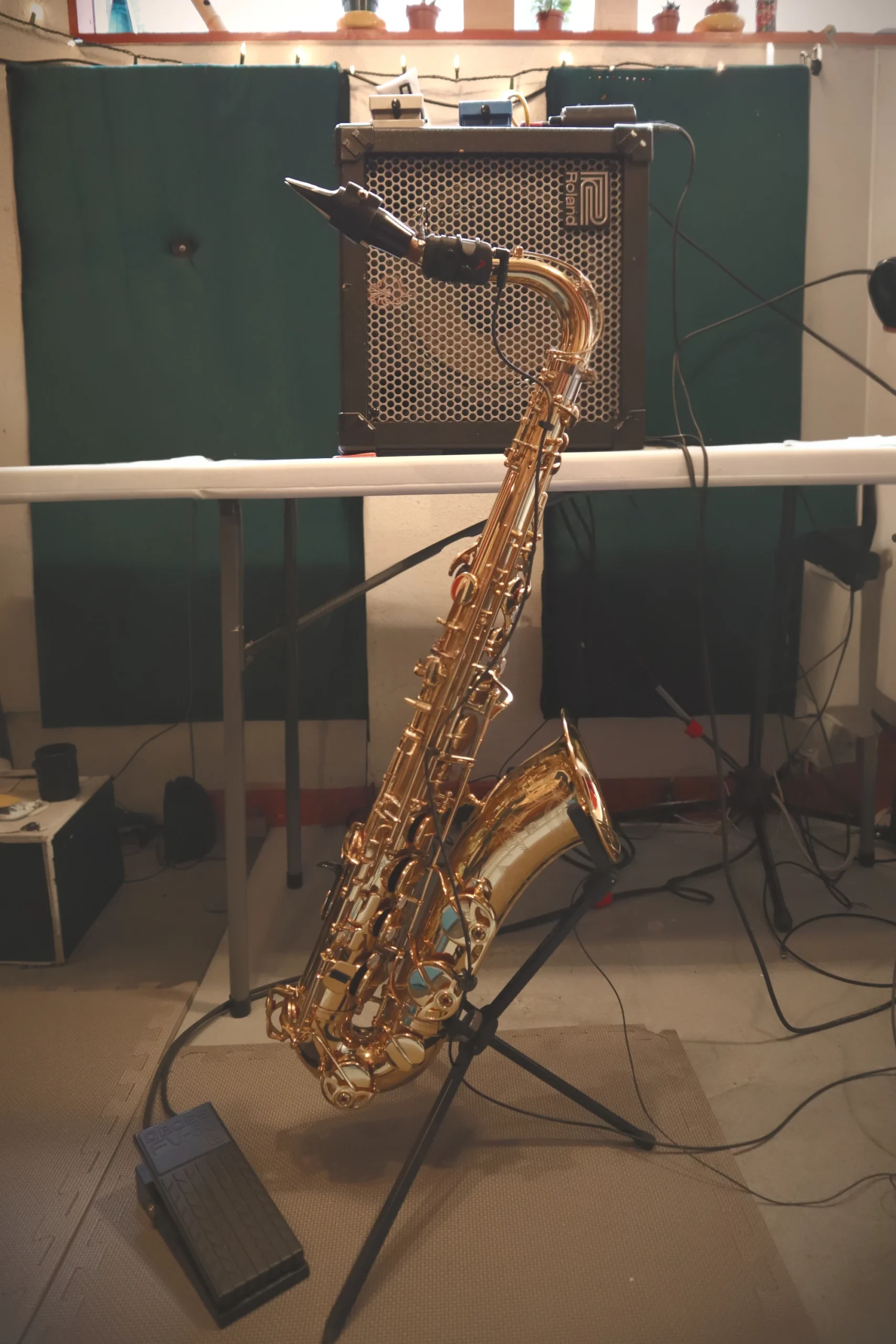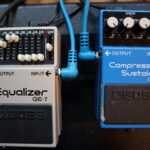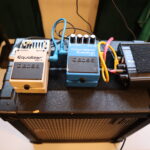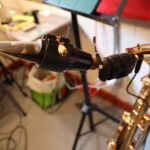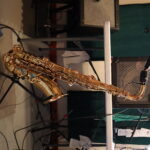Description:
New technologies have lessened the importance of instrumental practice in the musical world. Signs of this trend can be seen in the displacement of live performance by pre-recorded music; the disappearance of music programs, as well as professional orchestras and bands; and the increasing popularity of digital tools. While there has been much research involving cutting-edge software and musical instruments, the rate of change, as well as the flexibility, of digital media lead such work to advance digital practices more so than instrumental technique. The ongoing AI revolution will likely accelerate this trend.
Post-digitalism provides a framework for technologically extending traditional instruments in ways that support the continued relevancy of instrumental practice. As an ethos that embraces the idiosyncrasies, noise, and limitations of physical and digital media, post-digitalism does not fall victim to the perceived or planned obsolescence of modern technologies. My work with feedback saxophone, a novel electroacoustic system I developed during my doctorate, demonstrates the creative potential of this approach. By minimally augmenting the tenor saxophone with common musical equipment, manipulating the saxophone itself conjures malleable acoustic feedback tones, expanding the instrument’s expressive palette.
To innovate, and bolster the importance of, instrumental practice in face of digital hegemony and the AI revolution, I will expand my feedback saxophone research by streamlining its equipment, discovering and developing new techniques, and collaborating with composers to create new works. Presenting the results of this research in written, performance, and audio-visual formats will contribute to saxophone and electroacoustic practice, as well as instrument design. My findings will also demonstrate how post-digitalism can effectively advance instrumental practice and act as a counterpoint to current trends in music technology.
– Greg Bruce
IDMIL Participants:
Research Areas:
Funding:
- SSHRC
Images:
- feedback saxophone pedals

